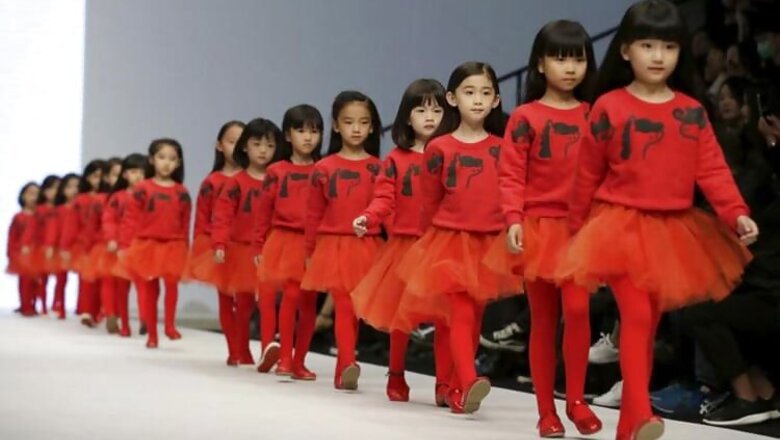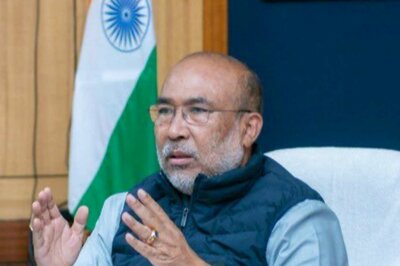
views
Beijing: Besides easing future labour shortages, China's policy to do away with the over three-decades-old one child policy with that of two children will ease rampant child trafficking and reduce pressure on families desperate to have a son, a Chinese official said.
The two-child policy will help stem child trafficking at the source, Chen Shiqu, director of the anti-trafficking office of the Ministry of Public Security (MPS) said.
"Because having a second child is allowed, it will decrease the demand for purchasing children. This can prevent trafficking," he said in an interview with state-run chinanews.com.
Last week, China eased the family planning policy in response to its ageing population by allowing all couples to have two children, putting an end to the one-child policy introduced in the 1970s.
"Child trafficking has become rampant since the adoption of the one-child policy. In many places, family control is very strict and many couples are forced to undergo sterilisation.
"Because the couples still want a boy, they take a risk and buy an abducted child," Zhang Baoyan, founder of Baby Come Home, an organisation dedicated to helping abducted children go home, told the Global Times.
Thousands of children go missing every year in China, as traffickers snatched the only child, mostly boys, from parents only to sell them.
Data from court cases from January, 2014 to October, 2015 show that the number of abducted boys is double the number of girls.
In a child trafficking case heard in a local court in Jining, Shandong Province, boys were said to be sold at 45,000 yuan (USD 7,101) on an average, while girls started from 10,000 yuan, the report said.
Zhang said that people in regions like Minnan in Fujian, Chaoshan in Guangdong, Shandong and Jiangsu are more prone to buy abducted children, because of the traditional values in those areas.
Zhou Haiwang, an expert with the Shanghai Academy of Social Sciences, told the Global Times that the new two-child policy has some good influence on reducing trafficking, but the new rule may not affect demand from families who buy children because they are unable to give birth to their own.
To better deal with child trafficking, China made changes in its criminal law that took effect on Sunday, stipulating for the first time that people who buy children will face up to three years in prison.
Previously, traffickers faced heavy penalties but buyers faced no criminal charges. Zhou added that in the long run, the two-child policy can help ease the sex ratio imbalance in China, which helps prevent people from abducting women from other countries to sell in China for marriage.
Many human traffickers fool foreign women into thinking that they can find jobs for them in China, according to Chen. Figures from the National Bureau of Statistics show that by the end of 2014, there were 700.79 million men in China 33.76 million more than women.
Chinese President Xi Jinping said on Tuesday that the decision to do away with one-child policy to permit two children will balance the population and support development.
The new policy in the new plan could reduce the pressure of an ageing population, increase labour supply and promote the balance of population development, according to an official statement.
Despite this, until the end of August this year, only 1.69 million couples, or 15.4 per cent of the over 11 million eligible couples, had applied for having a second child, the new plan document said.
At present, over 15 per cent of the population is 60 years old or above.



















Comments
0 comment